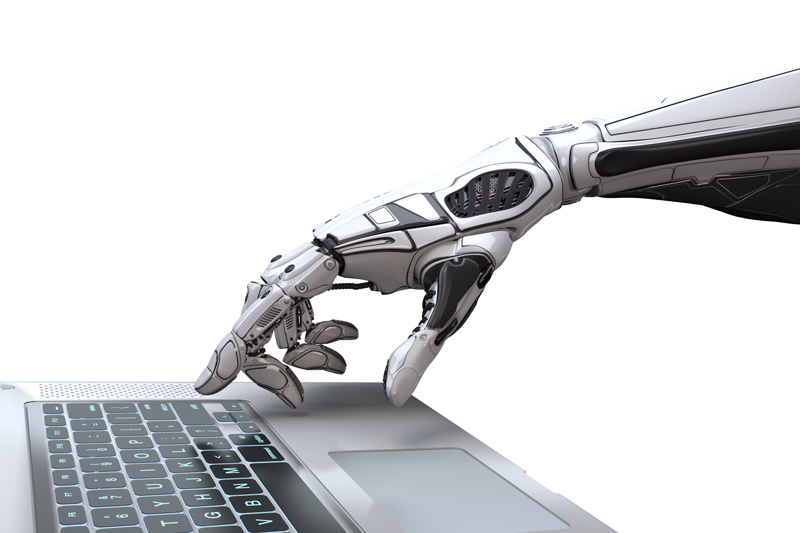What is Artificial Intelligence:
Artificial Intelligence (AI), is defined as “the science and engineering of making intelligent machines”. Simply, AI is the process of manufacturing machines and software that are capable of engaging in self-learning. Today, AI has become indispensable. The ongoing integration of AI and other highly advanced technologies performing vital functions in our everyday lives has seen AI touching every facet of our daily lives.
Why it matters:
Understanding AI and undertaking transparent, unbiased reporting on the positives and negatives associated with it are imperative as contemporary society continues the process of digitalisation. Given the obvious socio-political discontent that such a severe level of job displacement may create, journalists have a responsibility to critically engage with developments in AI through an evidence-based approach. Presenting skewed information on AI may further fuel angst amongst a growing number of individuals who fear that they will be disproportionally impacted by automation. Therefore, objective, fact-based coverage of AI is required to allow individuals to fully comprehend the potential opportunities and risks associated with AI.
AI in the workplace
AI is assuming an increasingly important role across various sectors. For many industries, the adoption of AI has become central to their future development. For the auto-industry, AI-derived products have not only driven innovation within the industry, but represent lucrative commercial revenue. A report by Tractica estimates that the market for AI hardware, software, and services will be worth $26.5 billion by 2025. Additionally, automation, facilitated through developments in AI, will lead to the reconfiguration of the labour market. According to a World Economic Forum report, by 2022, 133 million new jobs are expected to be created while 75 million jobs are set to be displaced by automation.


